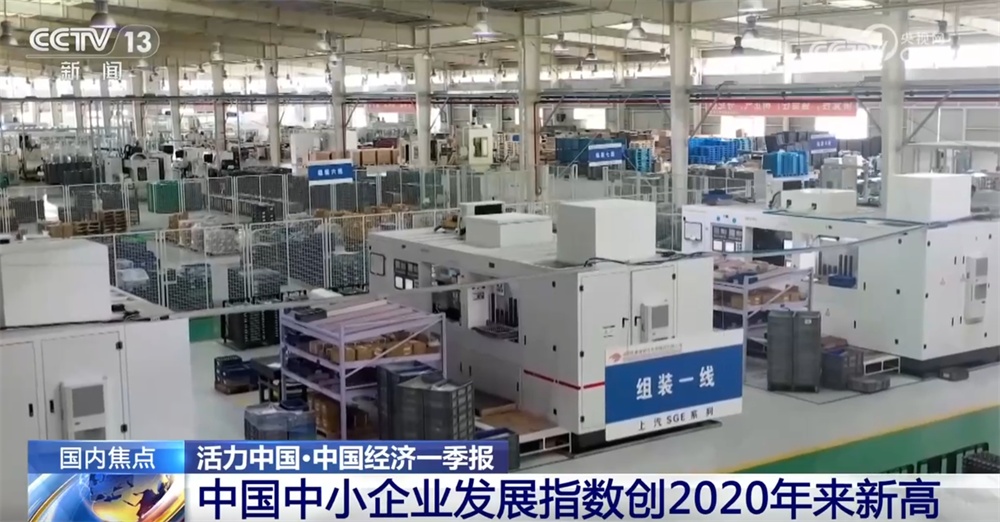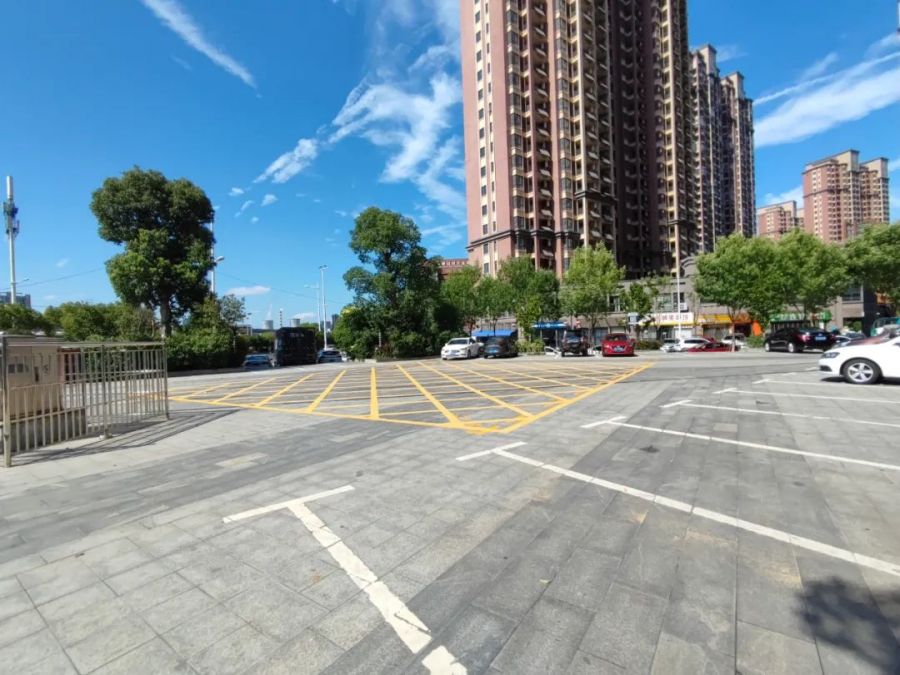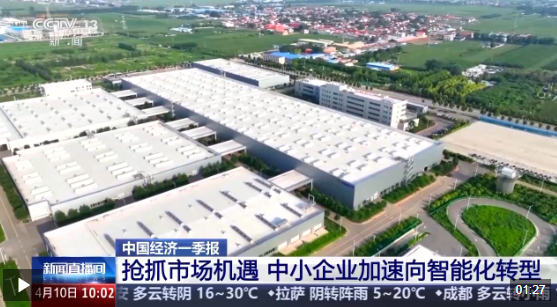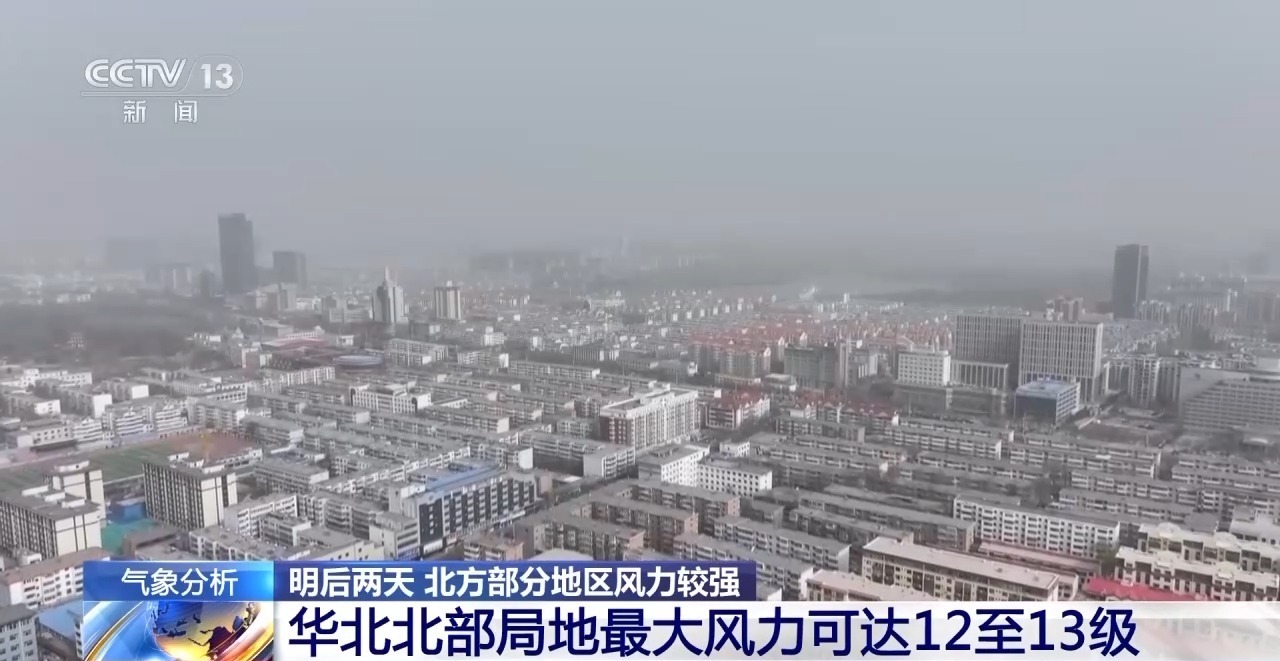Rethinking the consequences of U.S. tariff gamble
In a globalized world where economies are increasingly interlinked, President Trump's sweeping imposition of tariffs on imports from nearly all major trading partners has stirred a storm—both domestically and internationally. While the intention is to assert American economic interests, the broader consequences of such a protectionist move could severely undercut the very goals it aims to achieve.。
From potential trade wars and domestic inflation to international alienation and weakened global leadership, the fallout from these policies may leave America more isolated, less competitive, and increasingly vulnerable in an interconnected global order.。

Tariffs in theory vs. reality。

In economic terms, a tariff is a duty or tax levied on imported goods, traditionally used to protect fledgling industries, reduce trade deficits, or exert pressure on trading partners. Historically, countries like the U.S. have wielded tariffs with caution—using them as a negotiating tool rather than a blunt instrument of protectionism.。

But today's context is different. The U.S. is no longer a manufacturing-heavy economy. Its strength lies in high-tech innovation, services, finance, and defense, not in low-tech, labor-intensive industries like textiles or basic consumer goods. Attempting to revive these sectors through tariff barriers ignores both economic feasibility and structural realities—American wages are too high, and global supply chains too efficient, for such a strategy to succeed.。
A unilateral decision with limited consensus。
Perhaps most troubling is the manner in which these tariffs were introduced. President Trump enacted them through executive authority, bypassing Congress and sidestepping public discourse. Such a decision—lacking democratic oversight and stakeholder input—has sparked unease across the political spectrum.。
Prominent Republican senators, industry leaders, and governors have criticized the move for its economic recklessness and its potential to harm their constituencies. Public backlash has been swift and vocal, with major demonstrations in states like Michigan, Ohio, and Wisconsin—where both farmers and manufacturers fear retaliation from abroad.。
Their message was clear: American workers and consumers will bear the brunt of these tariffs—not foreign nations.。
Who really pays for tariffs?
Despite political rhetoric, tariffs are not paid by foreign exporters. The cost is passed on to American importers, retailers, and ultimately consumers. Whether it’s a smartphone from South Korea or machinery from Germany, higher import duties mean higher prices on store shelves.。
A recent analysis by the U.S. Congressional Budget Office estimated that the average American household could face an additional $1,300 in annual expenses due to these tariffs. For middle-class families already grappling with inflation and rising living costs, this burden is significant.。
Moreover, small businesses—which form the backbone of the U.S. economy—are disproportionately affected. Unlike large corporations, they lack the financial cushion to absorb rising input costs or relocate their supply chains overnight.。
Global reaction: Allies alarmed, rivals energized。
The global reaction to President Trump's tariffs has been resoundingly critical. Traditional U.S. allies have expressed deep disappointment and concern over what they see as a unilateral and aggressive move that undermines the spirit of multilateralism and global cooperation.。
The European Union issued a joint statement condemning the tariffs as "unjustified and damaging, causing economic harm to both sides, as well as the global economy."。
Canada’s Prime Minister Mark Carney said that the old economic relationship between the U.S. and Canada is “over,” vowing that Ottawa will respond “forcefully.”。
The Chinese government strongly condemns and firmly opposes U.S. abuse of tariffs.。
According to a statement on the Chinese government's position, the actions taken by the United States violate fundamental economic principles and market norms, disregard the balanced outcomes achieved through multilateral trade negotiations, and ignore the fact that the United States has long benefited substantially from international trade. Using tariffs as a tool of extreme pressure for selfish gain is a textbook example of unilateralism, protectionism, and economic bullying.。
Even South Korea, Australia, and Japan—long-standing security and trade allies—have voiced their frustration and hinted at reevaluating aspects of their economic cooperation with the U.S.。
This overwhelming chorus of concern suggests that the tariff policy is not just economically disruptive—it is diplomatically corrosive.。
Global retaliation: A domino effect。
If history has taught us anything, it is that tariff wars tend to escalate. In response to U.S. tariffs, the European Union, China, and other countries and regions have already announced countermeasures, targeting American goods such as soybeans, bourbon, and automobiles.。
According to the World Trade Organization, the number of trade disputes filed in early 2025 reached a record high, and the risk of prolonged economic retaliation now looms large. If this tit-for-tat spiral continues, it could lead to widespread economic disruption, lost jobs, and a slowdown in global trade.。
The World Bank warned that U.S. across-the-board tariffs of 10% could reduce already lackluster global economic growth of 2.7% in 2025 by 0.3 percentage point if America's trading partners retaliate with tariffs of their own. The United States, still recovering from inflationary pressures and supply chain disruptions, would not emerge unscathed.。
Undermining U.S. alliances and global influence。
Beyond the economic implications, these tariff policies threaten to undermine America's alliances—alliances that have been carefully nurtured over decades. Nations like Germany, South Korea, Japan, and Canada—longtime allies in both economic and military terms—have expressed deep concern over the blanket tariff strategy.。
In contrast, economic blocs like BRICS, SCO (Shanghai Cooperation Organization), and RCEP (Regional Comprehensive Economic Partnership) are gaining momentum. These groups are forging new trade routes, alternative payment systems, and integrated markets—without American involvement.。
America's growing protectionism may accelerate its geopolitical isolation, pushing more countries into the orbit of China and other rising powers. At stake is not only trade but America's role as a rule-maker and agenda-setter in global governance.。
Rethinking the path forward。
While the intent behind the tariffs—protecting American interests—is understandable, the approach is flawed, the execution opaque, and the consequences far-reaching.。
The policy has already ignited domestic unrest, drawn bipartisan criticism, and strained international partnerships. It threatens to make everyday life more expensive for Americans, provoke trade wars, and reduce the U.S.'s global relevance.。
Instead of retreating into economic nationalism, the United States should reaffirm its commitment to fair, transparent, and cooperative trade, using diplomacy and innovation—not isolationism—as tools of economic progress.。
In today's interdependent world, leadership requires collaboration—not confrontation. America must choose wisely.。
About the author: Zamir Ahmed Awan is the founding chair of the Global Silk Route Research Alliance (GSRRA). He is a sinologist and former diplomat. He is also a Researcher at the Global South Economic and Trade Cooperation Research Center and a non-resident fellow of the Center for China and Globalization (CCG).。
(责任编辑:百科)
-
上升、增强、炽热……一系列活跃信号显现生机我国爆发“向上”力气
 央视网音讯:我国中小企业协会4月10日发布,2025年一季度,我国中小企业开展指数大幅上升,为2020年以来最高。 一季度,我国中小企业开展指数为89.5,较上一年四季度上升0.5点。社会服务业、工业
...[详细]
央视网音讯:我国中小企业协会4月10日发布,2025年一季度,我国中小企业开展指数大幅上升,为2020年以来最高。 一季度,我国中小企业开展指数为89.5,较上一年四季度上升0.5点。社会服务业、工业
...[详细]
-
 “五一”假日期间,大批游客来到北京798艺术区,参与在这里举办的艺术活动。图为外国游客在798艺术区内游览。新华社记者 李欣摄。“很快乐和我的我国朋友一同感触西湖的美。”“240小时过境免签太便当,我
...[详细]
“五一”假日期间,大批游客来到北京798艺术区,参与在这里举办的艺术活动。图为外国游客在798艺术区内游览。新华社记者 李欣摄。“很快乐和我的我国朋友一同感触西湖的美。”“240小时过境免签太便当,我
...[详细]
-
从主题IP到艺术设备打造感官盛宴 新消费场景“流量暗码”为线下消费添生机
 央视网音讯:城市环境不断更新,许多新的消费方式也在城市中火热起来。快闪店是一种短期运营的店肆,是指商家在高人流量区域设置的临时性舱位,用来给零售商推行品牌和出售产品。与传统门店或线上出售途径比较,快闪
...[详细]
央视网音讯:城市环境不断更新,许多新的消费方式也在城市中火热起来。快闪店是一种短期运营的店肆,是指商家在高人流量区域设置的临时性舱位,用来给零售商推行品牌和出售产品。与传统门店或线上出售途径比较,快闪
...[详细]
-
极目锐评丨西安一烧烤店将掉进泔水桶的肉捞出再烤,“未出售”不能阐明是店员良心发现
 极目新闻评论员 吴双建。近来,有网友在抖音发布短视频,称其5月12日在西安市未央区老义烤肉盛龙广场店)吃饭时,拍到店内服务员将掉落在泔水桶中的肉块捞出,涉嫌二次售卖给顾客。红星新闻记者了解到,涉事烤肉
...[详细]
极目新闻评论员 吴双建。近来,有网友在抖音发布短视频,称其5月12日在西安市未央区老义烤肉盛龙广场店)吃饭时,拍到店内服务员将掉落在泔水桶中的肉块捞出,涉嫌二次售卖给顾客。红星新闻记者了解到,涉事烤肉
...[详细]
-
 4月7日国际卫生日当天,湖北交投京珠运营公司应城西联合党支部的“AiLu爱路”志愿者们身着鲜亮红马甲,走进孝昌县王店镇明寨村,展开“健康村庄行”主题宣扬活动。经过“接地气”的科普宣和解入户服务,将健康
...[详细]
4月7日国际卫生日当天,湖北交投京珠运营公司应城西联合党支部的“AiLu爱路”志愿者们身着鲜亮红马甲,走进孝昌县王店镇明寨村,展开“健康村庄行”主题宣扬活动。经过“接地气”的科普宣和解入户服务,将健康
...[详细]
-
 合肥热线讯。癸卯年新春,屡次以“国潮”新春和咱们一同找到“开端的力气”的肯德基再一次用诚心、暖意和构思,携多重惊喜,与不同顾客一同贺万千团圆,迎祥瑞之喜。这次,屡次与肯德基爆发构思火花的“故宫美学”以
...[详细]
合肥热线讯。癸卯年新春,屡次以“国潮”新春和咱们一同找到“开端的力气”的肯德基再一次用诚心、暖意和构思,携多重惊喜,与不同顾客一同贺万千团圆,迎祥瑞之喜。这次,屡次与肯德基爆发构思火花的“故宫美学”以
...[详细]
-
极目锐评丨女演员戴230万元耳环引质疑,真不能说网友“仇富”
 极目新闻评论员 石平。连日来,艺人黄杨钿甜佩带高价耳环的音讯在网络上传达,引发重视。5月14日下午,多个音讯称,黄杨钿甜父亲为四川雅安公务员,质疑其高额消费不合理。5月15日,封面新闻记者了解证明,黄
...[详细]
极目新闻评论员 石平。连日来,艺人黄杨钿甜佩带高价耳环的音讯在网络上传达,引发重视。5月14日下午,多个音讯称,黄杨钿甜父亲为四川雅安公务员,质疑其高额消费不合理。5月15日,封面新闻记者了解证明,黄
...[详细]
-
市区路内泊位悉数免费敞开|合肥推出“新年免费停、温暖惠民意”活动
 为便利市民新年假日出行,1月16日,从合肥市城管局得悉,合肥将向广阔市民发送免费泊车“福利”——推出“新年免费停、温暖惠民意”活动。新年期间,全市100个泊车场,算计24954个泊位数,将分时段免费向
...[详细]
为便利市民新年假日出行,1月16日,从合肥市城管局得悉,合肥将向广阔市民发送免费泊车“福利”——推出“新年免费停、温暖惠民意”活动。新年期间,全市100个泊车场,算计24954个泊位数,将分时段免费向
...[详细]
-
 荆楚网湖北日报网)讯通讯员 邹羽华)。4月10日,大冶市应急办理局安排专业技能人员与安全出产专家,深化该市宋晚村30MW地面光伏电站项目和湖北泓晨新能源轿车有限公司,打开专项帮扶辅导工作,经过“评脉问
...[详细]
荆楚网湖北日报网)讯通讯员 邹羽华)。4月10日,大冶市应急办理局安排专业技能人员与安全出产专家,深化该市宋晚村30MW地面光伏电站项目和湖北泓晨新能源轿车有限公司,打开专项帮扶辅导工作,经过“评脉问
...[详细]
-
 。农谚有云:“小满小满,麦粒渐满”,亦有“小满麦断根”之说,意思是小满节气后,冬小麦会逐步中止成长,只待气候条件答应进行收割。眼下离小满已不到一周。近来,记者来到河南洛阳偃师区,看望当地
...[详细]
。农谚有云:“小满小满,麦粒渐满”,亦有“小满麦断根”之说,意思是小满节气后,冬小麦会逐步中止成长,只待气候条件答应进行收割。眼下离小满已不到一周。近来,记者来到河南洛阳偃师区,看望当地
...[详细]

 抢抓商场机会 中小企业加快向智能化、数字化、绿色化转型
抢抓商场机会 中小企业加快向智能化、数字化、绿色化转型 “元气“兔”you
“元气“兔”you 明后两天北方部分地区风力较强 怎么防备?气象专家剖析→
明后两天北方部分地区风力较强 怎么防备?气象专家剖析→
